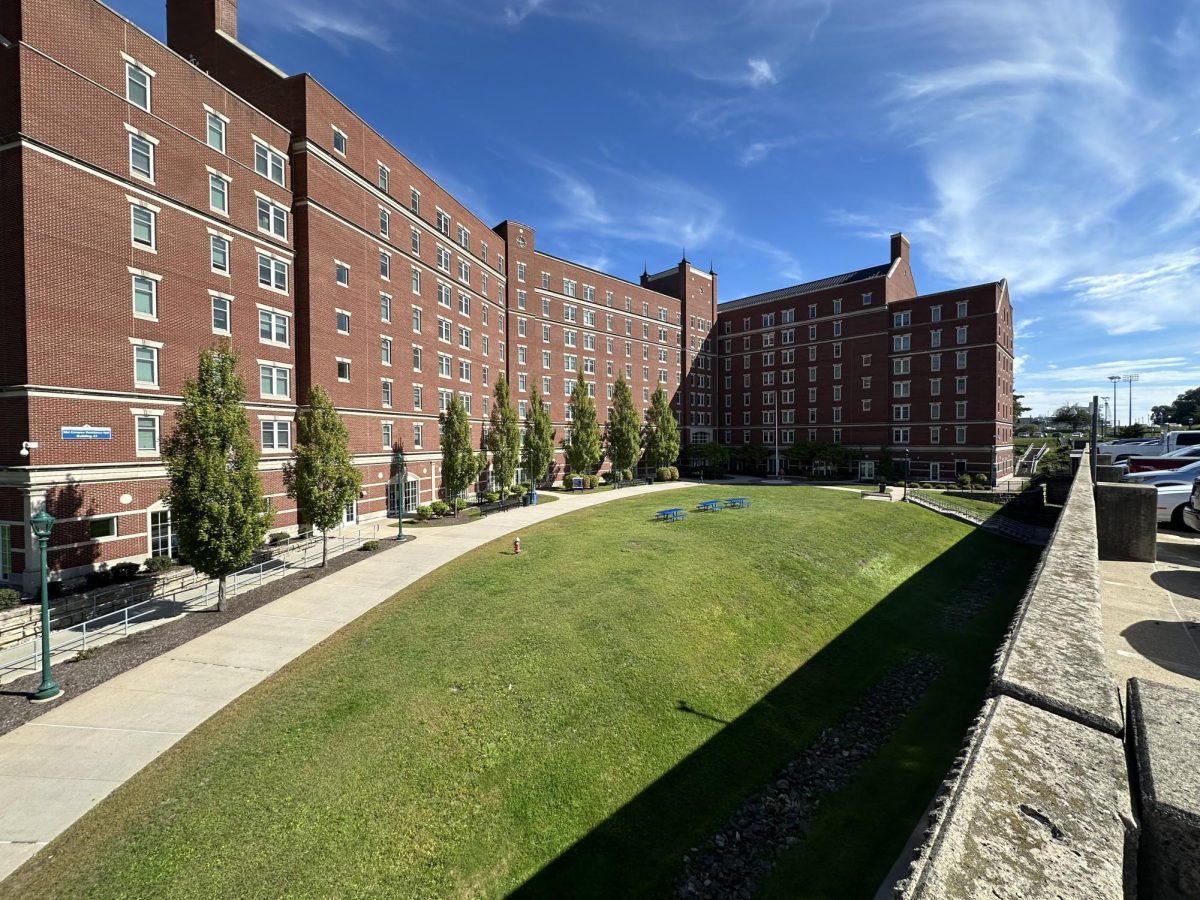By Matt Clyburn
It’s no secret that the state is looking to save some green by cutting the budget and raising taxes. The effort may go beyond the cash savings, though, as Governor Dannel Malloy used his budget address last week to hint at a campaign issue that could save the state millions of dollars – decriminalizing pot.
“There are simply too many people who’ve been arrested and jailed for minor, non-violent or drug offenses,” Malloy said in his address. “If given access to an alternative forms of punishment, [they] would take advantage of that additional chance to choose a different and better path.”
Under his proposal that was referred to the Joint Commission on Judiciary last Thursday, anyone caught with less than an ounce of marijuana would be guilty of a simple infraction and subject to a fine instead of a possible stint in prison.
“This new policy will save us millions of dollars which is a benefit of a more enlightened policy whose time, I think, has come,” Malloy said.
The Office of Fiscal Analysis published a report in 2009 that detailed arrests for marijuana possession two years earlier. Of the 9,928 arrest in 2007, it is estimated that one-third where for possession of less than one ounce of marijuana, according to Christine Stuart of CT News Junkie.
“Based on a proportionate analysis of resources currently allocated to handle these offenses, it is estimated that the proposal could save up to $11 million and generate $320,000 in General Fund revenue – from fines – annually,” the report said.
“Obviously, this doesn’t apply to anyone selling marijuana; it’s for the person caught with a few joints,” Michael Lawlor, Malloy’s head of criminal justice policy and planning, told Stuart last week.
Malloy told a group of UConn students during his campaign that he would support the decriminalization of marijuana if elected. The then-candidate qualified, however, that changing the classification from a misdemeanor to an infraction or lightening penalties would not be the same as outright legalization.
A 2008 ballot initiative in Massachusetts proposed policies similar to the new bill. The initiative passed and was enacted in 2009, changing criminal penalties for possession of less than one ounce to a $100 fine and removed small violations from state criminal records.
Some see the bill as a path to legalization – the Massachusetts law enacted just two years ago has now led to talk of sale, regulation, and taxation in the same fashion as alcohol. According to analysis from an independent research firm, local ballot questions last year indicated that Massachusetts residents are ready for full legalization.
“There is strong evidence that if a well-crafted marijuana legalization initiative makes it onto the ballot in 2012 [in Massachusetts], it could pass,” said Jon Walker of Firedoglake Elections blog.
Many CCSU students are supportive of the initiative. “I support it,” Junior Torry Murphy said. “Of course, I also believe marijuana should be completely legalized. Take into consideration that damaging effects that alcohol and cigarettes brings, and they’re legal.”
Murphy added, “I feel that if it is still illegal, the punishment should be lessened. I’d like to know who is actually harmed by marijuana use, more so than alcohol and cigarettes.”
Still, others have questions. “I guess it depends on what the goal of reducing it is,” Senior Christina Bittner said. “Obviously, it won’t crack down on people who use it, but…people who have a severe problem would have more on them.”
“The people who support it probably smoke it and would rather risk a fine than prison time, and the people who don’t support it probably think the penalty for using drugs should be much worse than it is,” Bittner said.
The proposal was brought to the legislature by Democratic leaders on Malloy’s behalf, and will need to be crafted in writing by the committee before it is brought to the floor of the general assembly for a vote. The committee will schedule hearings over the next few weeks.
If the bill is passed and signed by Malloy, it is scheduled to take effect on July 1.


